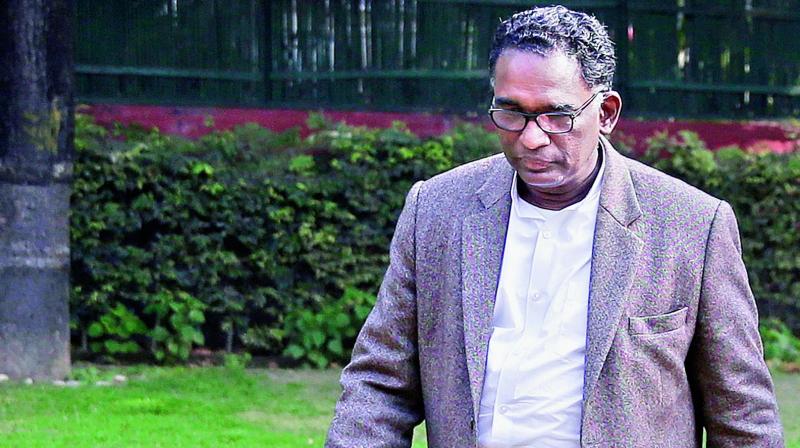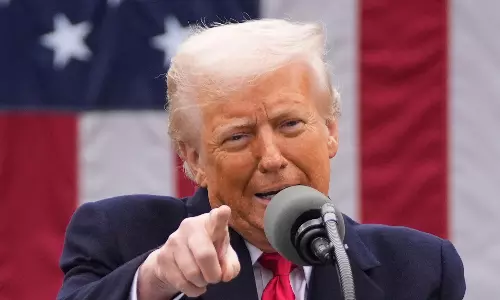Protecting judicial freedom
The Collegium is the forum Justice Chelameswar projects for this, so decision-making is more inclusive and not subject to the CJI's whims and fancies.;

Supreme Court judge J. Chelameswar has fired a clear warning about the health of the nation’s judiciary. He may be prejudging events when he speaks about the next Chief Justice, but here too his message is clear: if Justice Ranjan Gogoi is superseded, it means he’s paying the price for speaking up at the unprecedented press conference at Justice Chelameswar’s residence some time ago. It hardly bears repeating that the “independence” and “pre-eminence” of the judiciary, one of the key organs of the State, must never be compromised. Just a few months before retirement, Justice Chelameswar has become even bolder in expressing his fears openly on the present government intervening in the judiciary and over the erosion of the independence of the highest in the judiciary.
While the system now is that the Chief Justice is the Master of the Roster, there’s little harm in studying if a more collective method of allotting cases shouldn’t be devised. The Collegium is the forum Justice Chelameswar projects for this, so decision-making is more inclusive and not subject to the CJI’s whims and fancies. He even went to the extent of suggesting that the Jayalalithaa disproportionate assets case was one of preferential allotment, but only to show how the judiciary was swayed by the executive. The process must be transparent enough to ensure there aren’t any suspicions over impartial dispensation of justice. Justice Chelameswar’s view that impeachment isn’t the answer — there has been talk of political parties planning such a move against the CJI — and that an internal mechanism is necessary to handle issues is significant. Such a system might make it easier for people to retain their faith in the highest judiciary.



